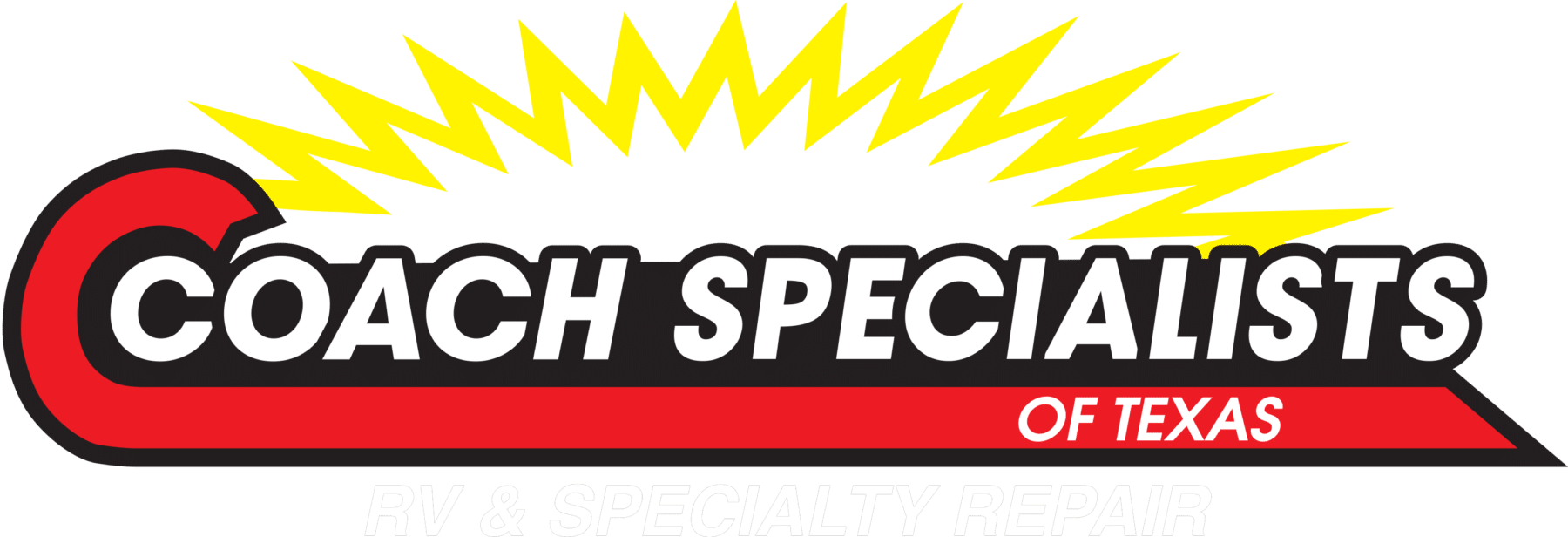More and more people today are undergoing the demanding experience of converting a bus into a motorhome. This has led to the question of practicality: is it more practical to go through the process of conversion or to simply buy an RV? Unfortunately, there is no definitive yes or no answer to this question. While there are plenty of pros and cons on each side of the discussion, the idea of practicality comes down to what you want as an RV owner. Make no mistake – the conversion process is a challenging one that is not for everyone. While converted motorhomes tends to be cheaper than buying a new RV, the timeline for completing such a problem is long-term. The result will ultimately be satisfying; however, this endeavor is also more about the journey. If you are the type of person that enjoys these types of projects, then we are happy to provide the tips to get you started on your conversion journey in the most practical manner.
The first thing you want to focus on if you are planning on converting a bus is yourself. What do you want in an RV? If you are attempting to live in your motorhome full time, then an argument can be made that a converted bus may be more appropriate for you. Traditional RVs tend to be made to drive for a few months of the year, as opposed to buses, which are built to last longer. Many people who desire to live in their motorhome full time use the converted buses’ durability as an important reason for building their own; however, this is not to dissuade anyone who doesn’t wish to use their RV as their home from going through the conversion route. The ability to personalize and customize is an important facet regardless if you live in your motorhome full or part time, which makes the converted van very appealing. While Coach Specialists offers services to customize a completed RV, we understand the attraction of completely customizing an RV from scratch. That’s why a good beginning step is to draw an interior design for your motorhome and map out how you want the inside of their bus to look, from absolute necessities to purely aesthetic decisions. We understand that many of you are not artists or designers – a quick search on Google can help you find bus layouts to get you started. While this may seem intimidating, it is an important facet for the conversion process. Planning the design will help you figure out the right size of bus needed for you and help devise your budget.
After you have decided the right size of bus for conversion, you will need to go through the process of actually finding it. Now, this may be one of the most challenging parts of your conversion process. There are a number of options regarding buses to use for conversion. Many people use old school buses for their project. It is a logical financial choice for some – school buses tend to be cheaper than other buses. For example, on the Dallas Craigslist page, you will find school buses for sale as cheap as $3500. But remember: cheap does not always equate to the best choice. While some school buses can be found cheap, they will probably need more repairs. Transit buses are also an option, albeit a much more expensive. There is also the possibility of converting a shuttle or short bus, if the roomier buses are not of importance to you. Regardless of the bus, we recommend that you look into one with a rear-engine because it will provide a much easier drive since the engine heat and noise are kept far from the driver. When searching for your bus, we also suggest not restraining your search locally. While we love providing you with information on where to find items for your RV in the Dallas/Fort Worth area, a bus is something that you should not settle to geography. As with any vehicle, make sure that any targeted bus comes with an available maintenance history in order to make sure it had routine tune-ups and replacements.
Once your bus has been purchased, you will have to begin the building process. For instance, a common suggestion is to raise the roof of your bus in order to add insulation without sacrificing any width. You will also need to begin building cabinets, adding electrical wiring, and other utilities. If all of this seems daunting, just remember that this is part of the process of conversion. After you have built everything, you can be secure with the knowledge that no one knows your RV more than you. And just to remind you: you do not have to tackle this alone.
While you certainly need a crafting acumen for the conversion, if there are any instances where you feel uncomfortable or unsure, please do not hesitate to consult us for any advice or help. REMEMBER: we employ an interior designer for RVs in house who is available to assist with any blueprint advice. Our certified employees will also help with any troublesome building you are experiencing.
